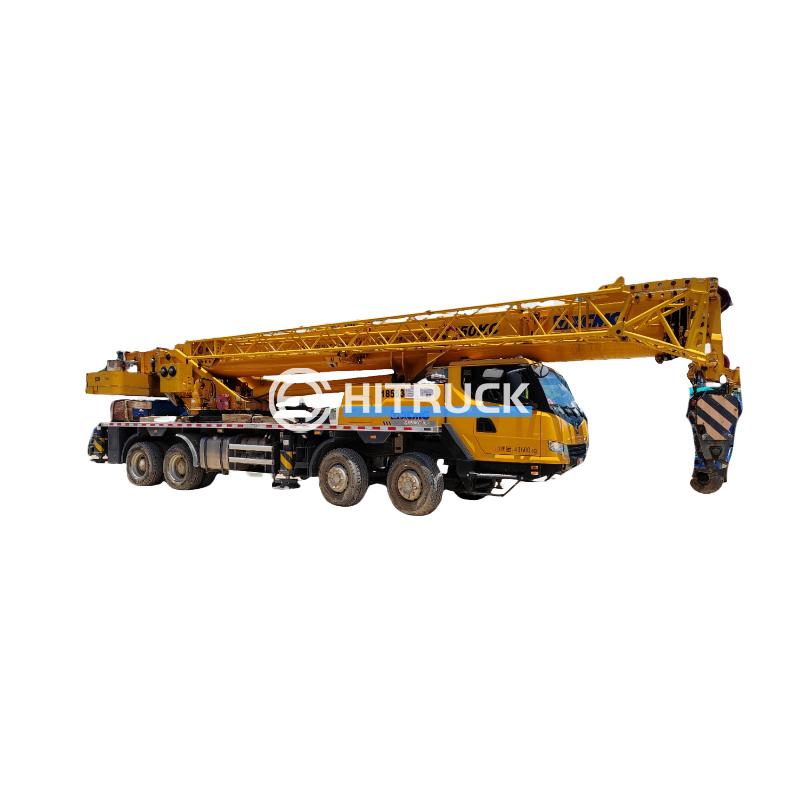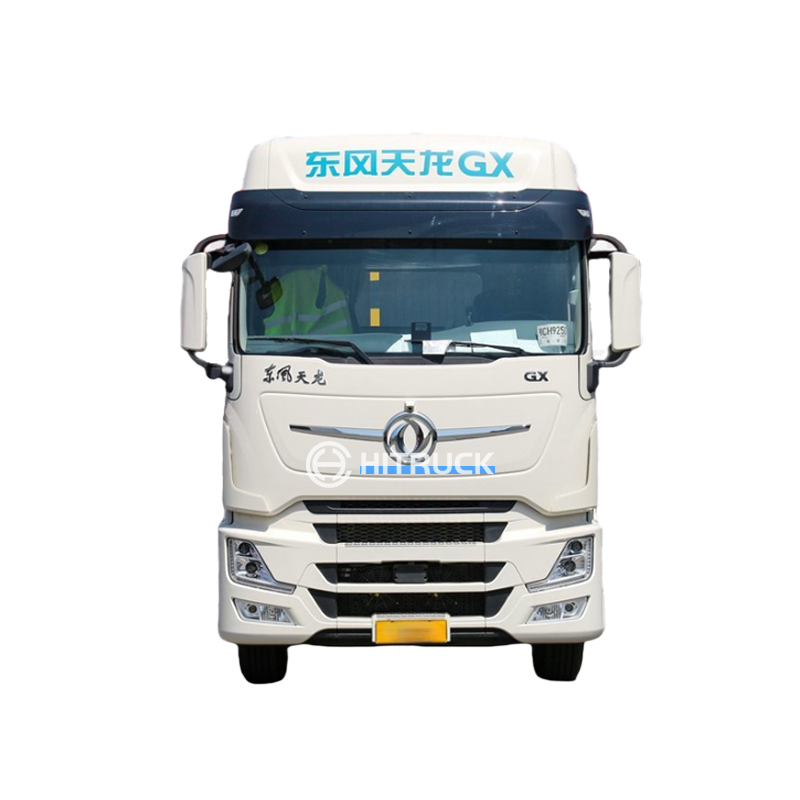This comprehensive guide explores everything you need to know about container garbage trucks, from their various types and functionalities to their environmental impact and future trends. We'll delve into the key factors to consider when choosing the right truck for your specific waste management needs, including capacity, maneuverability, and operational costs. Discover how these essential vehicles contribute to efficient waste collection and disposal in modern society.
Container garbage trucks, also known as container lift trucks or hook lift trucks, are specialized vehicles designed for efficient and safe collection and transportation of large waste containers. Unlike traditional garbage trucks with compacting mechanisms, these trucks utilize a hydraulic system to lift and empty standardized containers at various locations. This system streamlines the waste collection process, making it faster and more efficient, especially in areas with high waste volumes or diverse container types.
Several types of container garbage trucks cater to different waste management needs. These include:
The choice of truck type depends heavily on factors such as the size and type of containers used, the terrain, and the overall efficiency goals of the waste management operation. For example, a municipality managing a large volume of residential waste might opt for a high-capacity rear loader, whereas a smaller business might prefer a more compact front loader.
The capacity of a container garbage truck is a crucial factor. Consider the average volume of waste collected daily and choose a truck with sufficient capacity to avoid multiple trips. Payload, the maximum weight the truck can carry, is equally important, particularly when considering the weight of the containers and the waste they hold.
Maneuverability is essential, especially in congested urban areas. Smaller trucks, such as front loaders, are more maneuverable, while larger rear loaders might be better suited for less congested areas with easy access to collection points. Consider the size and layout of the areas where the truck will operate.
Operational costs, including fuel consumption, maintenance, and repairs, are significant factors. Fuel-efficient engines and well-maintained trucks can significantly reduce long-term expenses. It is important to factor in the cost of spare parts and potential downtime associated with repairs.
The environmental impact of container garbage trucks should be considered. Look for trucks that meet current emission standards and utilize fuel-efficient technologies. Many manufacturers are increasingly incorporating alternative fuel options, such as CNG or electric power, to reduce carbon emissions.
Selecting the right container garbage truck requires careful consideration of various factors. To facilitate your decision-making process, we recommend thorough research, seeking quotes from reputable suppliers, and comparing specifications and operational costs. For a wide selection of high-quality trucks, visit Suizhou Haicang Automobile sales Co., LTD— a leading provider of commercial vehicles. They can provide expert guidance to help you find the perfect fit for your specific needs.
The future of container garbage trucks points towards increased automation, improved fuel efficiency, and smarter waste management solutions. Expect to see more electric and hybrid models, advanced telematics systems for real-time monitoring and route optimization, and the integration of smart sensors for waste level detection and automated collection scheduling.
| Truck Type | Advantages | Disadvantages |
|---|---|---|
| Front Loader | Excellent maneuverability, suitable for tight spaces. | Lower capacity compared to rear loaders. |
| Side Loader | Efficient for areas with limited space and easy container access. | May require more space for operation. |
| Rear Loader | High capacity, ideal for large waste volumes. | Less maneuverable in tight spaces. |
This information is for general guidance only. Always consult with waste management professionals and equipment suppliers for specific advice related to your requirements.












